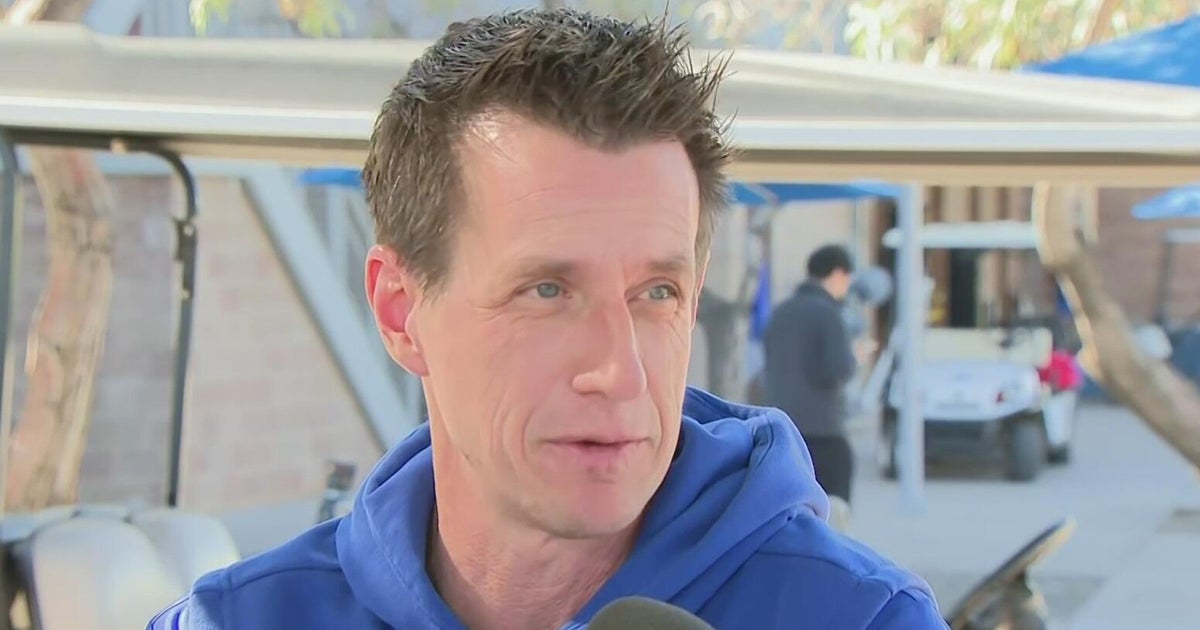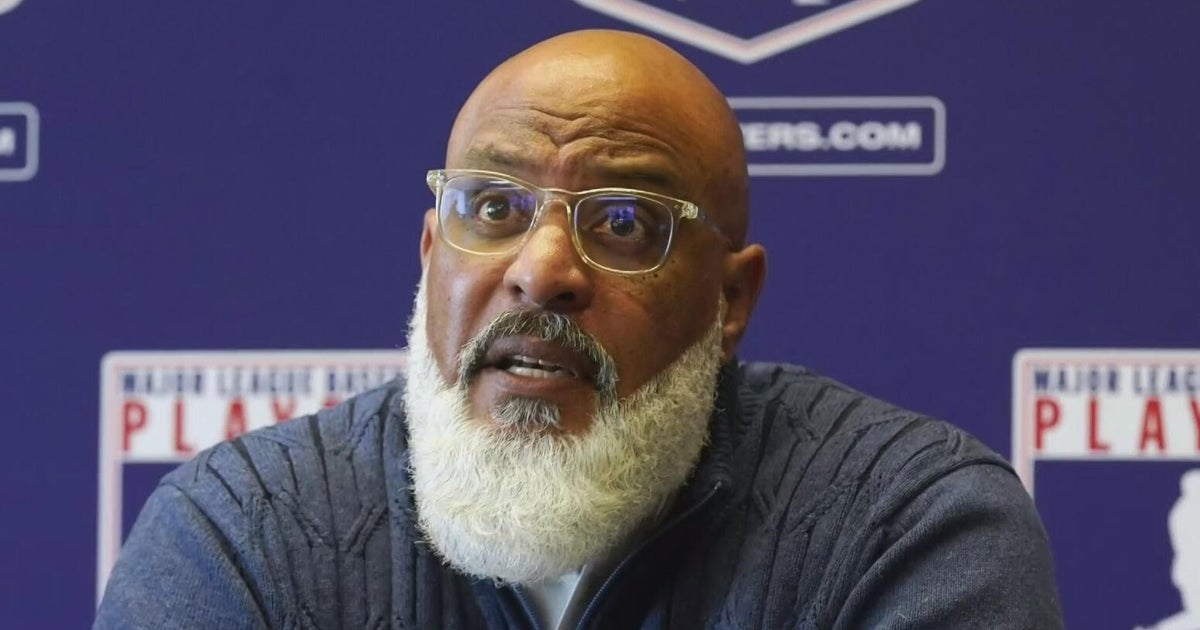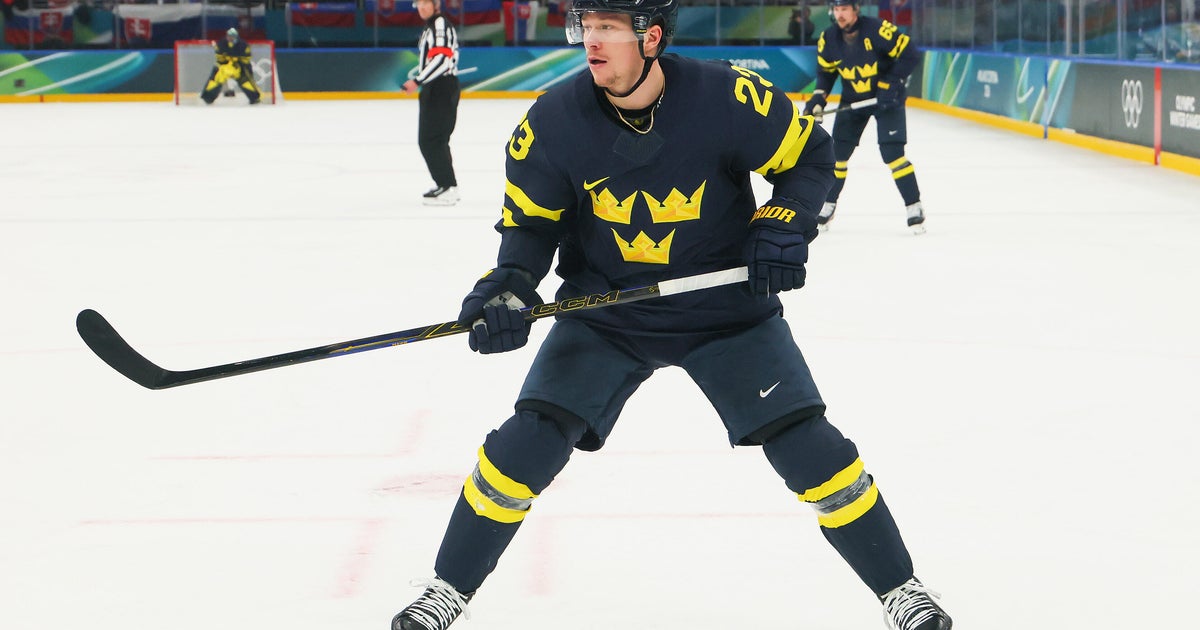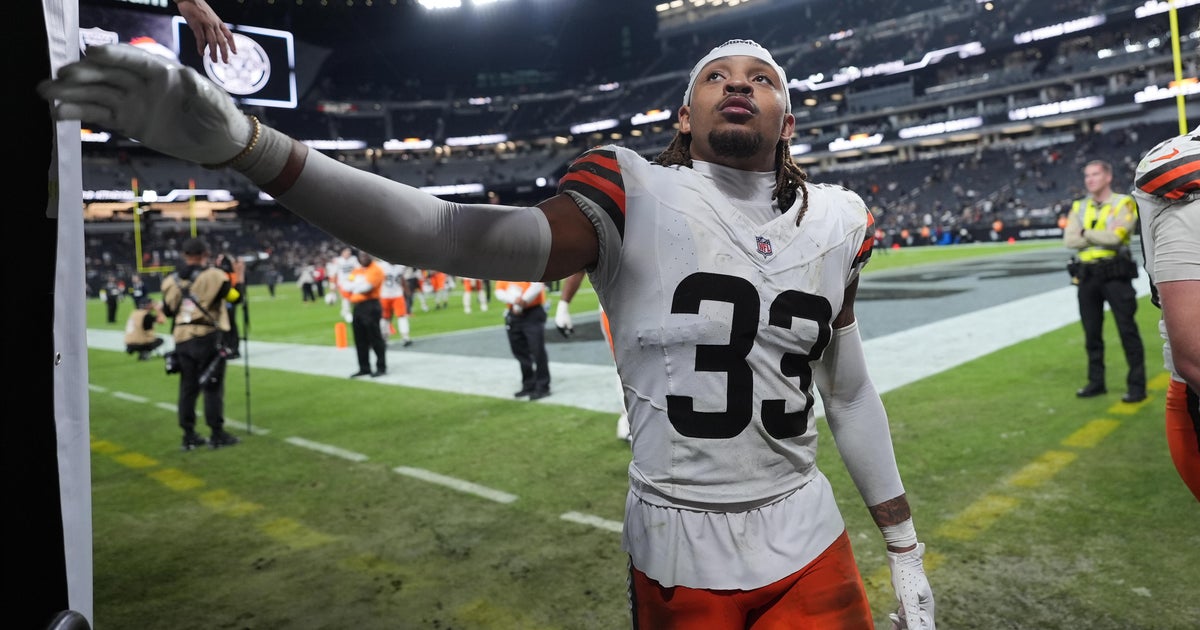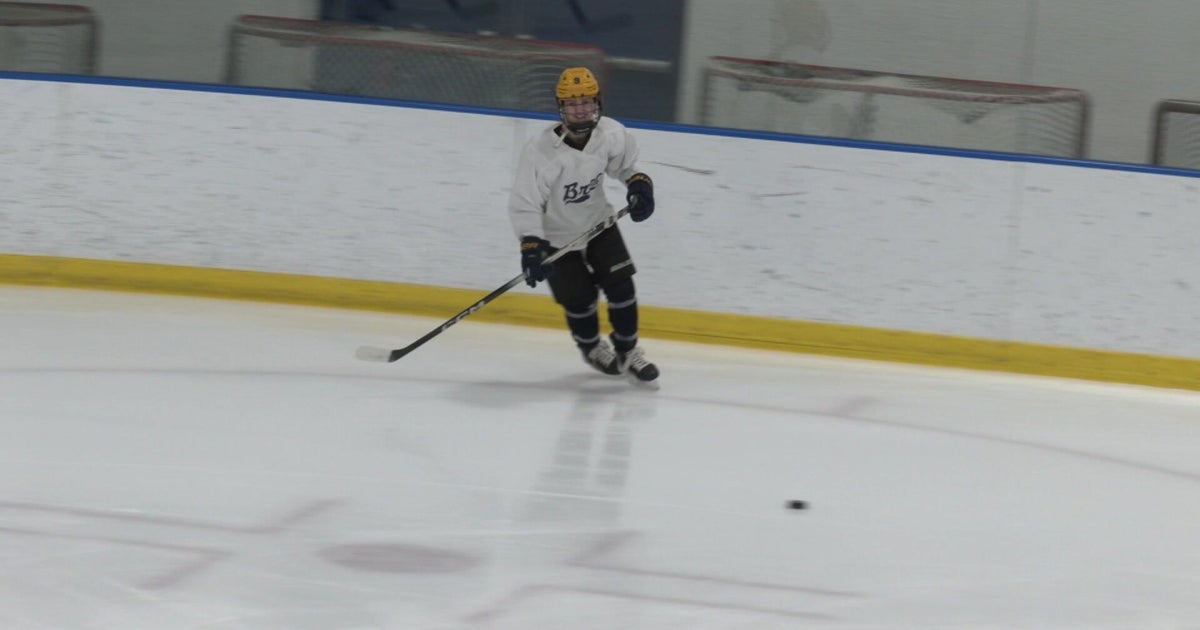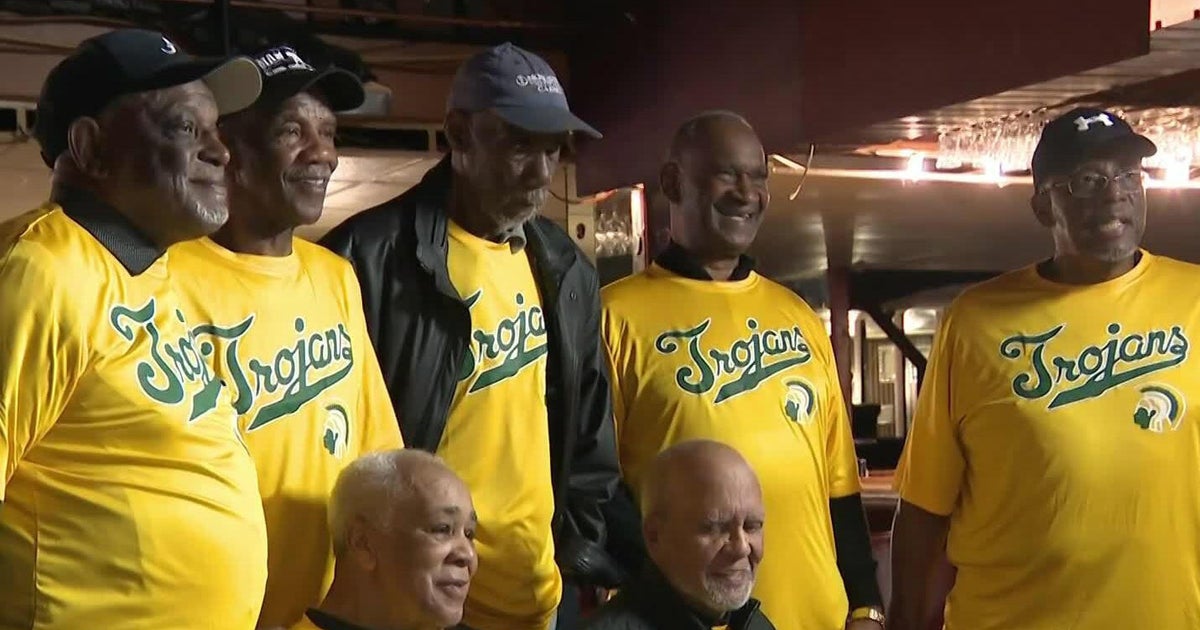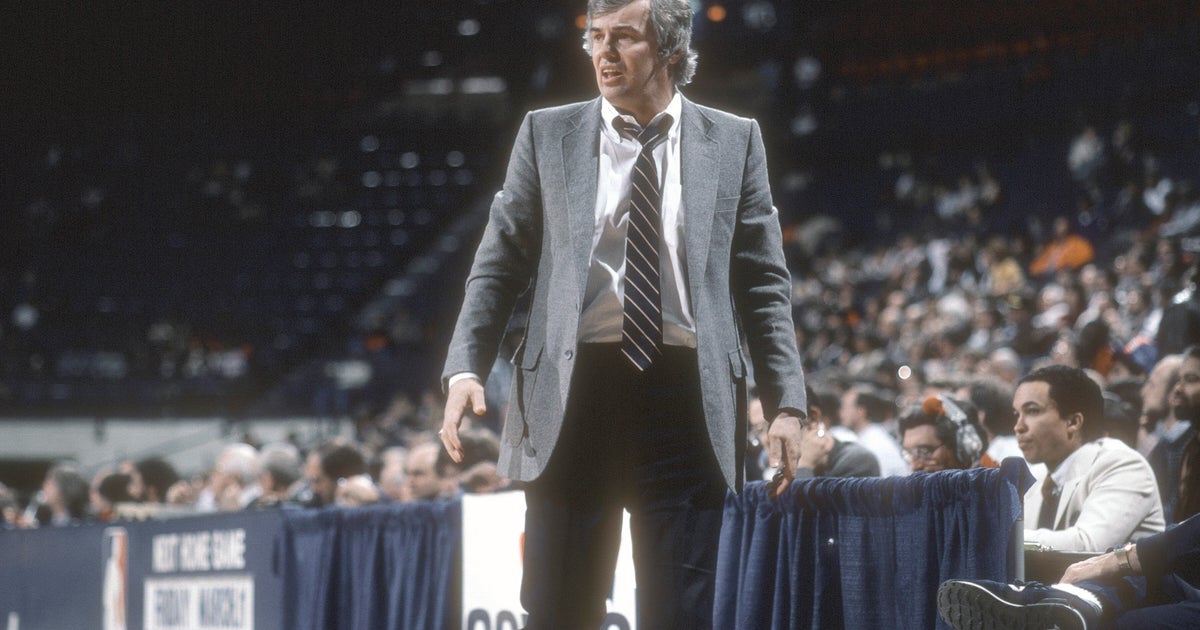Should The NFL Shorten The Preseason?
By Matt Citak
The question is not a new one. For over half a decade, the NFL and the NFL Players Association have discussed decreasing the number of preseason games. Back in 2011, during negotiations that led to the labor deal between the league and the union following a three-month lockout, the owners proposed cutting the preseason in half from four games to two games per team. However, they wanted to take those two games and add them to the regular season, extending it from 16 to 18 games. The player's union strongly opposed this idea on the grounds of player safety. The league eventually dropped the proposal and said moving forward, it would not change the length of the regular season without the consent of the players.
A few years have passed since then, and NFL Commissioner Roger Goodell is once again discussing the possibility of shortening the preseason.
"When I go around to fans, that's maybe the No. 1 thing I hear," Goodell said to a group of New York Giants season-ticket holders during a fan forum earlier this month regarding the preseason being too long. "The NFL should do things to the highest possible standards. Preseason games are not that... There's value to them, building a team, evaluating players. But there are other ways of doing that. I think we could do it in three [games]. Almost every coach has agreed we could get done what we need to in three games."
 Roger Goodell (Credit: Bob Levey/Getty Images)
Roger Goodell (Credit: Bob Levey/Getty Images)
The biggest reason for decreasing the number of preseason games is because of the significant injuries that seem to occur each year before the regular season kicks off. The Seahawks starting left tackle, George Fant, the Bears number-one wide receiver, Cameron Meredith, and the Patriots star receiver Julian Edelman were all lost for the season due to torn ACLs suffered during preseason games this past month. The Chiefs' starting running back Spencer Ware is likely to miss the entire 2017 season after tearing his PCL and LCL, while Cowboys starting linebacker Anthony Hitchens will sit out half the season after fracturing his tibial plateau. Both injuries occurred during Week 3 of the preseason.
When asked about it at NFL on CBS's Media Day, some of the network's on-air talent agreed the preseason should be shortened.
"There should have been a decrease years ago..." said NFL on CBS play-by-play announcer Greg Gumbel. "To me, there is nothing more depressing, as a broadcaster, as a fan, and I'm sure members of a team feel the same way: there's nothing more depressing than losing a player in a meaningless game. To have a Julian Edelman out for the entire season in a game that doesn't mean a thing... Coaches may say, and they probably are partly right, that they need it in order to be able to assess a team. You don't need to assess Julian Edelman. He doesn't need to play. The only guy that might really need the reps, and not that many, is the quarterback. But I agree with it. I agree they should cut it down."
"I kind of agree with it. Four is too extensive of an amount," said NFL on CBS's lead game reporter Tracy Wolfson. "Teams can hold practices, they can hold live scrimmages with other teams, and they can get a little bit more out of those. [In] these games, the young players on these teams that are trying to make the team are going to go play all-out. They're trying to prove themselves, and unfortunately for veterans in their way, someone is going to get hurt over it..."
 Cameron Meredith (Credit: Frederick Breedon/Getty Images)
Cameron Meredith (Credit: Frederick Breedon/Getty Images)
"You try and find other ways to get that experience, to get these young players reps and ways of looking at these young players. But four is way too long. I can see them cutting it to three and adding some live scrimmages... You can't do away with it completely, because these coaches need to evaluate the young players that are coming in. But I would agree that they should shorten the preseason."
While preseason games are certainly to blame for causing some significant injuries before the start of the actual season, training camp practices have produced the same results. The Dolphins suffered a devastating blow during a practice session in early August when starting quarterback Ryan Tannehill went down with a torn ACL, an injury that will cost the young QB the season. This happened just under a year after the Vikings watched starting quarterback Teddy Bridgewater crumble to the ground with a non-contact injury to his left leg during practice that, one year later, he is still attempting to recover from. Jets number-one receiver, Quincy Enunwa, aggravated a neck injury during seven-on-seven drills in early August and will not see the field until 2018, while Colts starting center Ryan Kelly won't return until the middle of the season after injuring his foot during training camp a few weeks ago.
While some believe decreasing the number of preseason games will help limit preseason injuries, it seems quite clear that this is not necessarily the case.
"I've heard it a lot of different ways from coaches. It's definitely one of those things we talk to teams about those first few weeks of every NFL season," said Jamie Erdahl, NFL on CBS sideline reporter. "I've heard a ton of different opinions. The injuries are so unfortunate, but we've also seen significant ones in practice. So I don't know if you can blame the actual games for the significant injuries that have piled up. They're going to happen regardless because the guys, whether you like it or not, they need those game-speed reps before they hit the regular season. Or else the product is just going to be brutal to watch come Week 1."
 Spencer Ware (Credit: Otto Greule Jr/Getty Images)
Spencer Ware (Credit: Otto Greule Jr/Getty Images)
Erdahl is right in that players need to play at full speed in a game before the start of the regular season. As former safety Adam Archuleta noted, players need a game or two to get on the field and show themselves that, after not participating in a real game for six or seven months, they can still tackle, catch, defend, etc. While practice definitely helps prepare guys for the start of the season, it does not yield the same result as playing in an actual game, against a different team, in front of thousands of screaming fans.
In addition to getting used to the flow of a real game, the preseason is also important for the development of young players. Undrafted rookie free agents do not get many opportunities to prove themselves worthy of a roster spot. They need the preseason to show the coaching staff what they're capable of. Just look at a guy like Victor Cruz. The receiver out of UMass went undrafted in the 2010 NFL Draft and signed with the Giants the following day. Cruz likely would not have made the team had it not been for his amazing performance in the preseason. He caught six passes for 145 yards and three touchdowns in one game against the Jets, and finished the preseason tied for the most receiving yards in the NFL with 297. Cruz made the Giants 53-man roster, and one year later, was second-team All-Pro after catching 82 passes for 1,536 yards and nine touchdowns while helping New York win the Super Bowl.
Former Coach of the Year and Super Bowl champion Bill Cowher strongly believes the NFL should leave the preseason format how it is.
"I absolutely love four games, because shortening it takes away the ability to develop players," said Cowher, now a studio analyst on The NFL Today. "Our league now, because of all the restrictions you have with practices and everything else, we have hindered development of players. The only way they can develop is if they play. This fourth game that's being played this week, you have a lot of backup players playing [in] that at some point, you might need them to play integral parts of your team's playoff run because you had a starter go down. Where else do you get the experience instead of games?
"So I love the fact that they left the roster where it's at, one cut down to 53, and let these guys play this week. These are guys that are going to be the future. The quarterbacks, where else are they going to get the experience? We're always trying to develop quarterbacks. But even to develop offensive linemen, developing receivers, developing defensive backs -- they have to play the game. You have to see them when the bullets are flying. Cutting it down to three games would hinder the development of some of the players that are going to be the future of this league."
One thing to keep in mind is that football is an incredibly physical sport. When you have 53 men on each team hitting each other as hard as they can for 60 minutes, players are bound to get hurt. The question is, does it really matter if the injury occurs during Week 4 of the preseason or Week 1 of the regular season? If a team loses its starting quarterback for the season during the regular season opener, does it make them feel any better than if the quarterback went down during the preseason? Significant injuries will always hurt a team, no matter when they occur.
"Teams feel just as bad if a star player goes out in the first half of the first regular season game," said NFL on CBS play-by-play announcer Ian Eagle. "When Vinny Testaverde went down for the Jets, a year in which they were supposed to be a legitimate Super Bowl team, nobody felt any better because it happened in regular-season action. Injuries are a tough pill to swallow. So while I understand where the fury comes from, that this happened in a "meaningless" game, if it happens in the first game it doesn't make it any better... Injuries cripple a team."
The debate over the length of the preseason has been around for a while, and is not going away anytime soon. No matter what the league decides, someone will not be happy. If the preseason is shortened, owners will protest about the loss of revenue caused by one fewer home game, while coaches will be upset about having less time to evaluate their young players fighting for roster spots. If the league keeps the current format, players will complain about risking their bodies for four games that have absolutely no meaning to the season.
With the current collective bargaining agreement between the NFL owners and the NFLPA set to expire prior to the 2021 season, the league has a few more years to try to find a solution to this never-ending debate. If a compromise cannot be made, the preseason format could be one of several issues that eventually lead to an NFL work stoppage.
Matt Citak is a producer for CBS Local Sports and a proud Vanderbilt alum. Follow him on Twitter or send comments to mcitak@cbs.com.
